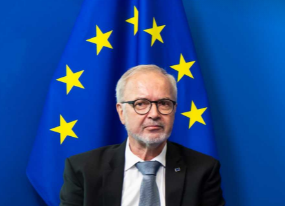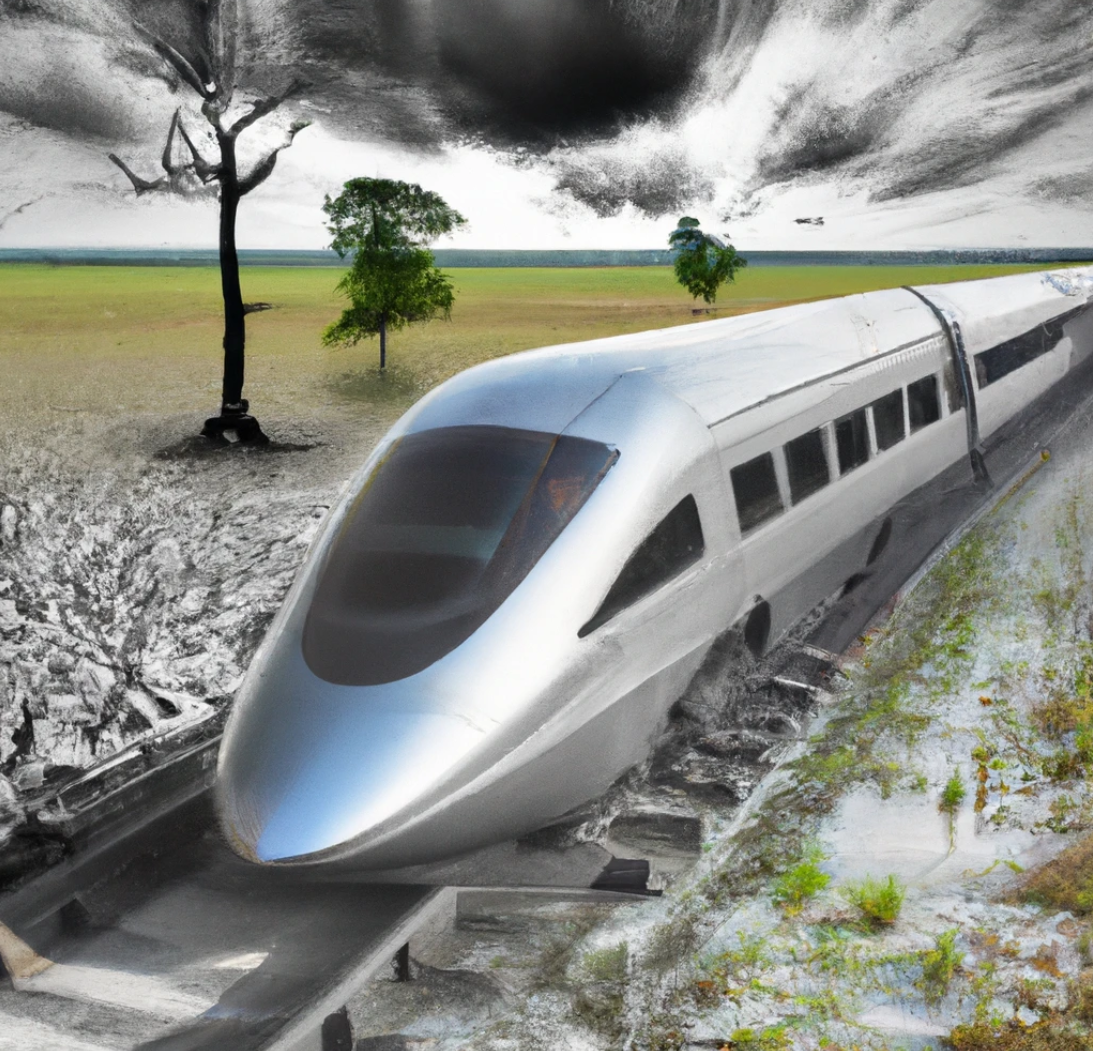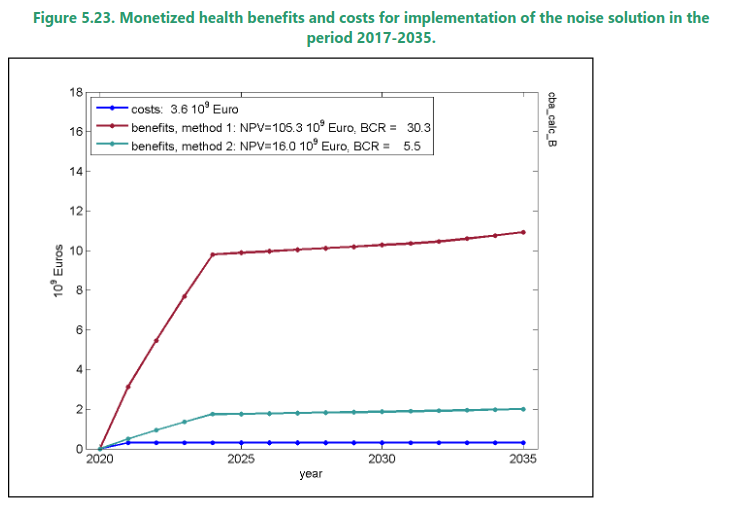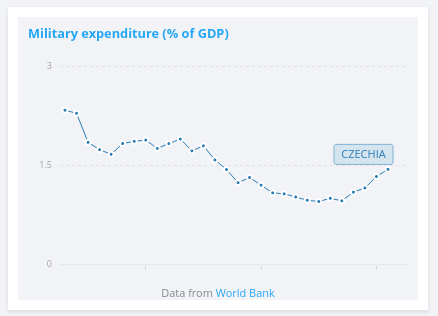HS2 – UK Government Declines Future Guarantee
Prime Minister Sunak and Chancellor Hunt Discuss Scrapping Phase Two Amid Cost Spiral.
HS2, the UK’s high-speed rail project, can be compared to the Czech VRT project. Reasons why the VRT’s current projected costs are three times lower than HS2’s are that the VRT project is still in its early stages and suffers from optimism bias[1]https://vrt.wtf/en/category/analysis/optimism-bias/, the sunk cost trap and that the UK project places greater emphasis on environmental concerns. Initially, both projects were of similar track length, but HS2 has been downsized due to financial constraints and feasibility issues. Worth noting is the UK’s substantially larger population, about ten times that of the Czech Republic, highlighting the varying scopes of their transportation infrastructure efforts. This means that capital costs and subsidies for daily operations will be orders of magnitude higher per capita for Czechs.
Successful delivery of the project appears to be unachievable.
UK Infrastructure and Projects Authority
Any claim that the Czech VRT project is for international travel and that the passengers will come from that is spurious, given that cross-border HSR accounts for 0.7% of all collective cross-border travel in the European context[2]https://vrt.wtf/en/2023/08/18/hsr-and-the-czech-republic/.
The UK Government has declined to ensure the future of the HS2 rail line connecting Birmingham and Manchester, citing concerns over escalating costs and project delays. Instead of guaranteeing the project, a Downing Street spokesperson emphasised the need to balance the interests of passengers and taxpayers. Prime Minister Rishi Sunak and Chancellor Jeremy Hunt discussed the HS2 project, but there is uncertainty about its fate. Mr Sunak won’t promise HS2’s London to Manchester link [3]https://www.standard.co.uk/news/politics/hs2-manchester-london-link-rishi-sunak-speech-euston-b1108417.html. Mr Hunt says that the cost of HS2 is getting ‘totally out of control’[4]https://www.thetimes.co.uk/article/hs2-jeremy-hunt-cost-delays-wqz7b7lb8.
Talks have revolved around the possibility of scrapping the Birmingham to Manchester leg to save £34 billion, despite already investing £2.3 billion in stage two. This move has faced opposition from northern mayors, leaders, and Tory MPs, who fear it could cost the party votes in the general election.
The UK government needs to create economic headroom and the reality of the HS2 project costs are beginning to bite[5]https://www.independent.co.uk/news/uk/politics/hs2-manchester-costs-rishi-sunak-jeremy-hunt-b2411191.html.
The discussion about the project’s future gained traction after a document detailing cost savings for the northern portions of the scheme was leaked.

HS2 was ostensibly part of the government’s “levelling-up” agenda to address regional economic disparities but there is uncertainty about how this will occur. Furthermore, rising costs have led to delays and budget overruns, far exceeding the original £33 billion budget set a decade ago. Originally planned to connect London to Birmingham and then split into two branches to Manchester and Leeds, the eastern leg to Leeds was scaled back two years ago[6]https://www.bbc.com/news/business-66813734.
HS2 has received a damning assessment from an official watchdog, with the Infrastructure and Projects Authority awarding it a “red” warning status for its first two phases from London to Birmingham and then onto Crewe. In the IPA’s grading system, a “red” rating implies that “Successful delivery of the project appears to be unachievable.”
This rating also underscores the existence of “major issues with project definition, schedule, budget, quality, and/or benefits delivery, which at this stage do not appear to be manageable or resolvable.” The report suggests that the project may require “re-scoping and/or its overall viability reassessed”[7]https://www.bbc.com/news/business-66352286.
Mr Sunak challenges political conventions by promoting honest discussions about policy costs and benefits. He believes that transparency is essential, potentially leading to reevaluations and modifications of costly and controversial projects like HS2. This commitment to truthfulness in politics sets him apart, and he aims to reshape the discourse surrounding policies, even if it means confronting established consensus and making difficult choices[8]https://www.telegraph.co.uk/news/2023/09/21/sunaks-battle-against-political-fairytales-only-just-begun/.
References








